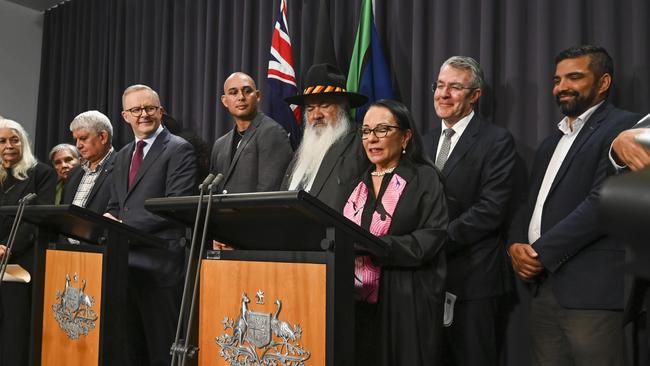
Start with the nation’s first law officer. On Insiders last Sunday, Mark Dreyfus claimed that convention dictates that governments keep the Solicitor-General’s advice private. Yet, last year the Albanese government made sure the S-G’s legal advice about Scott Morrison’s secret portfolios was aired across every media outlet in the country.
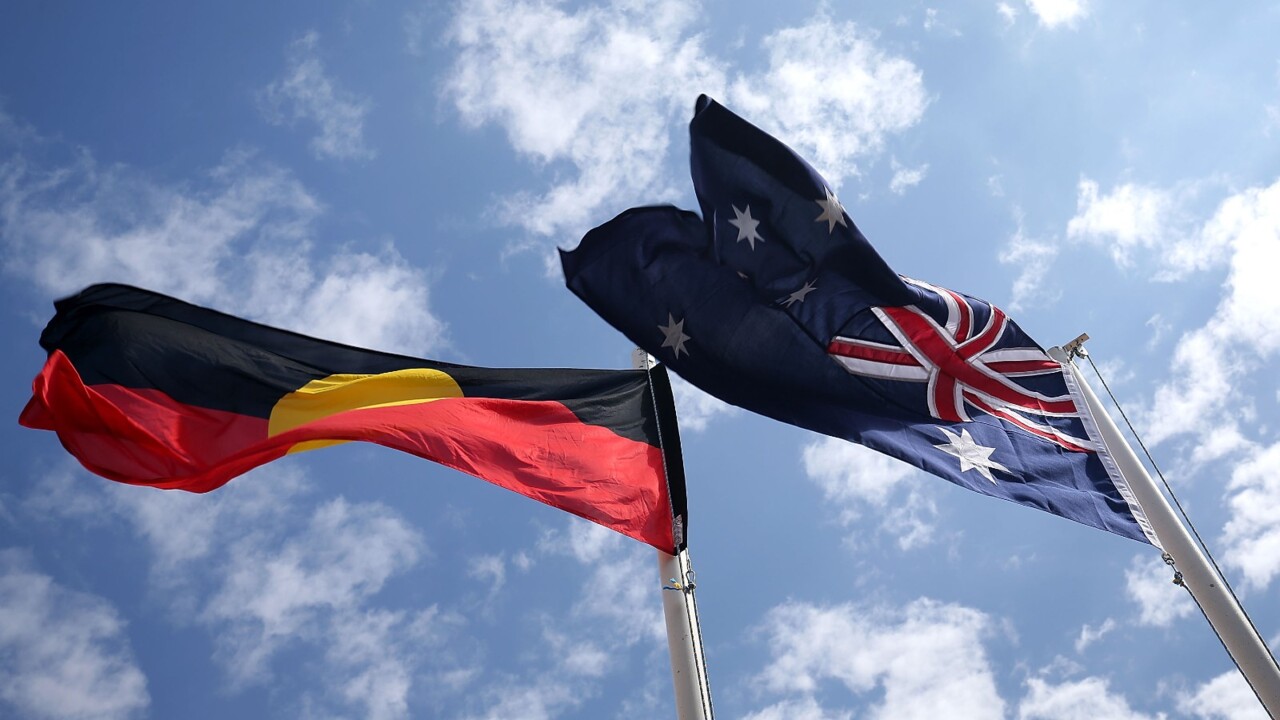
If Dreyfus is using a falsehood to conceal the S-G’s advice from us, we must surely infer that this legal advice would undermine the government’s case that Australians vote yes.
The A-G claimed the new wording, released last week, “puts beyond doubt” parliament’s power to regulate the issues on which the voice can make representations to parliament and the executive, and the processes used by the voice to make those representations. That is another distortion.
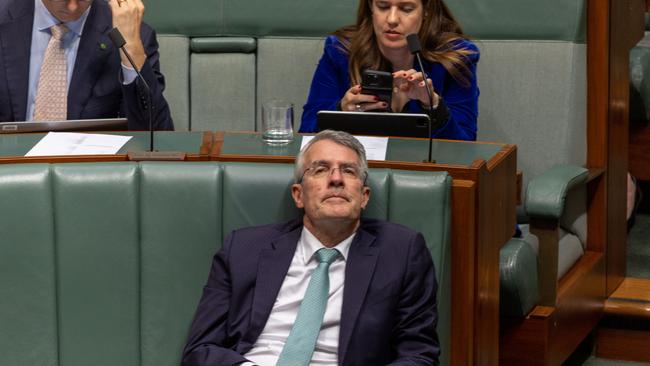
The third sentence of the proposed amendment is clear: Parliamentary powers in this area are “subject to this Constitution”, meaning parliament’s powers are subject to the second sentence of the new Albanese Amendment that, by virtue of being in the Constitution, gives the High Court power to determine the overriding scope, purpose and function of the voice.
Dreyfus claimed parliament can ensure the voice will not delay government decisions. That is wrong too. For the activists, power to influence, and inevitably delay, decisions and policymaking by parliament, by executive government and by the public service across all areas is the precise purpose of the voice.
That’s why they drafted wording to ensure that if parliament passed a law to rein in the power of the voice to make representations to the executive, the High Court can rule that law invalid as a breach of the second sentence that empowers the voice with these powers. Dreyfus should read some administrative law.
These falsehoods, repeated since the PM released the new Albanese Amendment last week, arise from the first, and biggest, invention at the centre of the Calma-Langton report. That 2021 report assured us the voice would be non-justiciable. It was not true then. It is not true now.
A project premised on that fundamental misrepresentation necessarily became one mired in more deceptions about the power and reach of the voice.
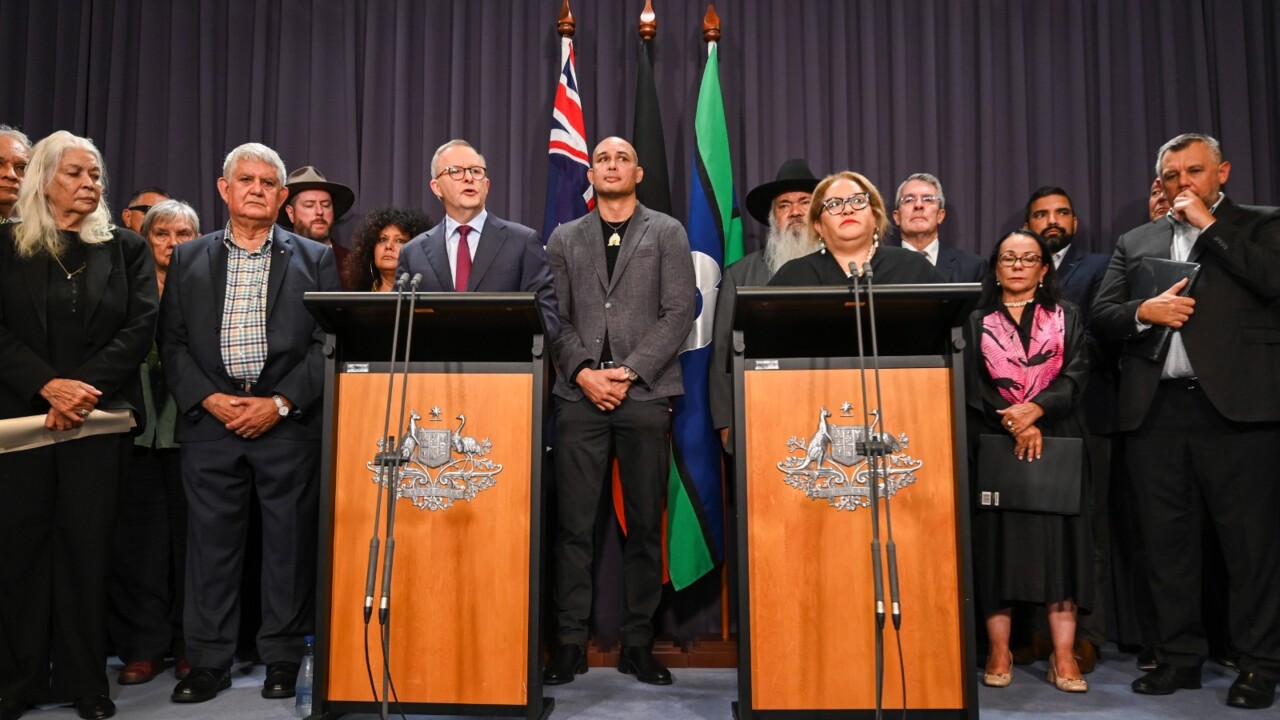
These lawyers and legal academics may be very passionate Yes activists, excited about being part of a project to alter the Constitution; they are not, however, objective and legally sober lawyers or legal academics or constitutional law professors.
Last week, the Law Council of Australia offered “unwavering support” for the voice model revealed last week. Of course it did. Legal uncertainty and court challenges drive a lawyer’s business model. The AFR’s Phil Coorey claimed last week that “we hear the arguments about a lawyers’ picnic … but they never eventuate”. That’s incorrect. Look at the High Court’s 2020 decision in Love v Commonwealth or the Federal Court decision last year in Santos v Tipakalippa. A constitutionally entrenched voice will require whole new levels of bureaucracy that will make many lawyers very rich.
The PM, egged on by self-interested lawyers and legal academics, continues to claim the voice is a modest change. That is false. The voice is not intended to be modest. This new construct in the Constitution is intended to alter how we are governed.
Asked about the voice’s reach over energy projects, Albanese rebuked the reporter, saying it applies only to matters that “directly” affect Indigenous people. That is false. Indigenous activists have ensured the wording does not limit the voice to matters that “directly” affect Indigenous people.
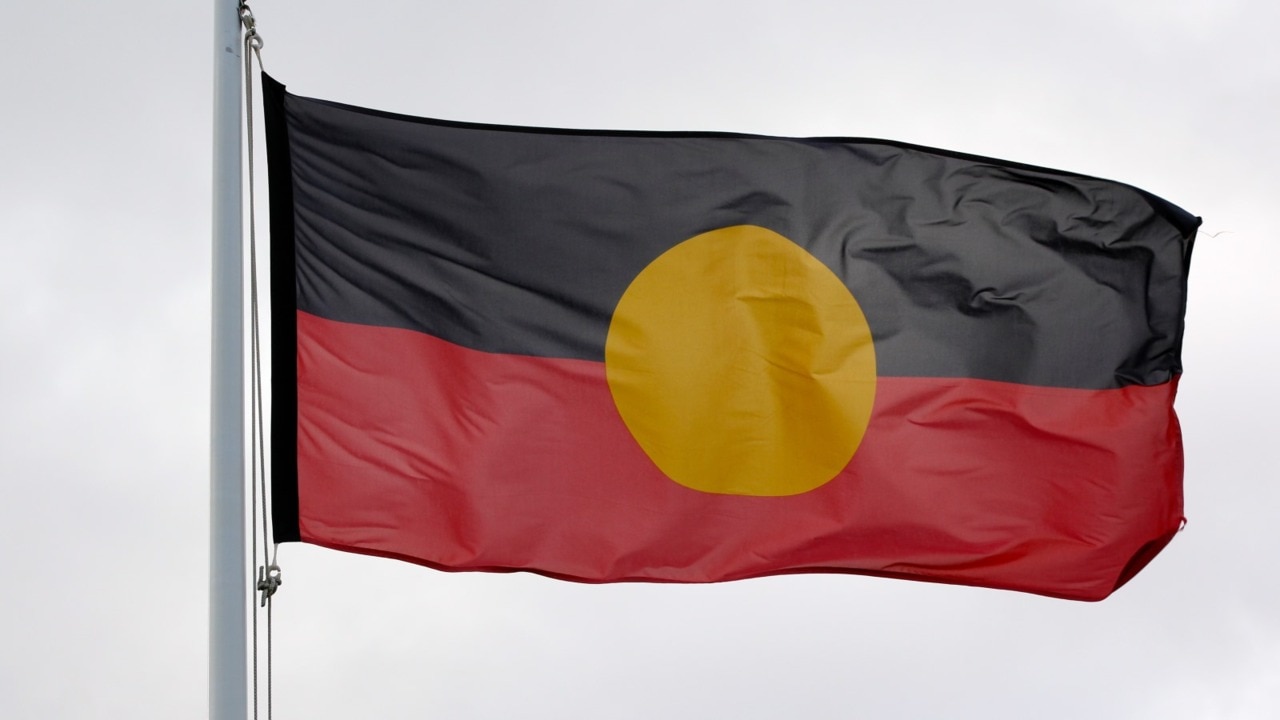
The new Indigenous-only bureaucracy will have sweeping constitutional powers to make representations over just about every policy or decision that may affect Indigenous people in any way. The Constitutional Expert Group comprising nine legal experts – and chaired by the A-G – claims the voice will not give Indigenous people special rights. That is wrong. Only the members of the voice and its Indigenous constituency will have a constitutional right to influence parliament, government and the public service.
No other Australian has that constitutional power. No other statutory body has the constitutional power. No other lobby group has that constitutional power.
Emeritus Professor Greg Craven, who says he is a constitutional conservative, was a member of that expert group. Craven could have made an important contribution to legal debate had he admitted publicly long ago what he has said in recent days: that the PM’s proposed radical new body could “hogtie government decision-making in webs of legal challenge”.
There is no real legal difference between the model revealed last week and the one revealed at Garma. Where was Craven after Garma? He chose to deride people who, back then, raised the same legal concerns he raises now.
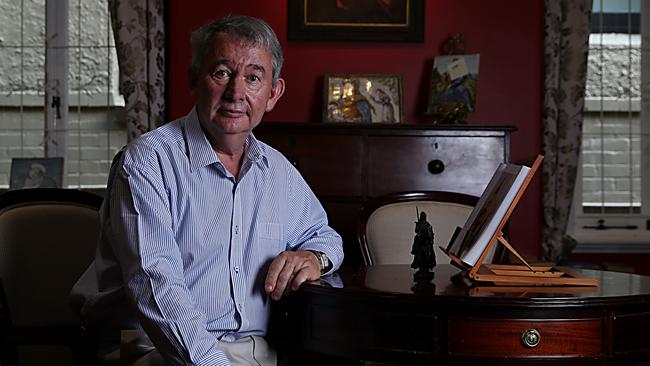
Curiously, too, Craven has chosen to lay blame with the Opposition Leader. He says Peter Dutton “deserves significant responsibility” for this radical model, having given no assistance to constitutional conservatives who tried to negotiate a sensible outcome with the government.
This is utter nonsense. Once Indigenous activists had a wholly compliant PM and a supine Attorney-General, they would always go for broke with the maximalist model.
These Yes activists had the measure of so-called constitutional conservatives too. The activists knew Craven and others in his camp were so invested in the voice project that they would set aside rational, legal concerns, hold their nose and still vote yes. When Craven admitted that position on the weekend, the label “constitutional conservative” lost further meaning. There is both a moral and legal imperative to protect the Constitution.

Thirty years ago, Craven quipped that constitutional academics are “pretty pointless people”. “If no one wants to rewrite the Constitution, it is a depressing business being a constitutional academic. I speak from experience here. It is bitterly unfair that Sir Samuel Griffith and the boys got so successfully into the act in the 1890s, and that consequently no one is ever going to come to you and say, ‘Re-do the Constitution’, so that you get your turn.”
Craven may want history to record his support for the voice project. But in altering the Constitution two further issues are at stake: legitimacy and reconciliation. A referendum result procured by fraud and misrepresentation will damage reconciliation, perhaps beyond repair.


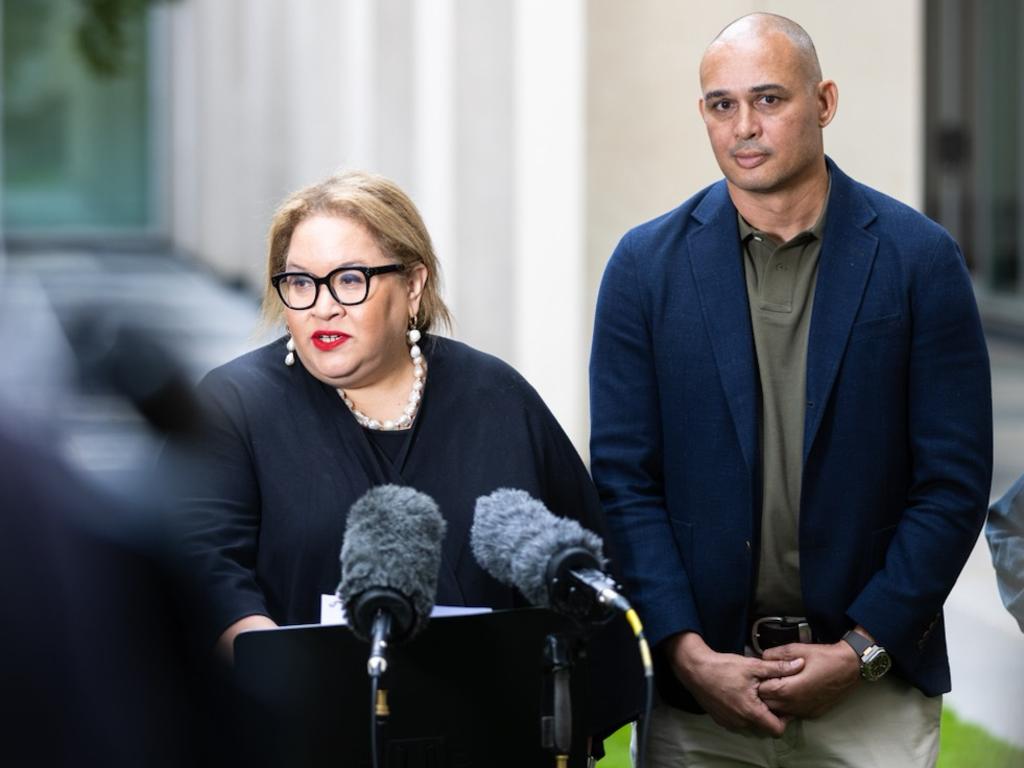
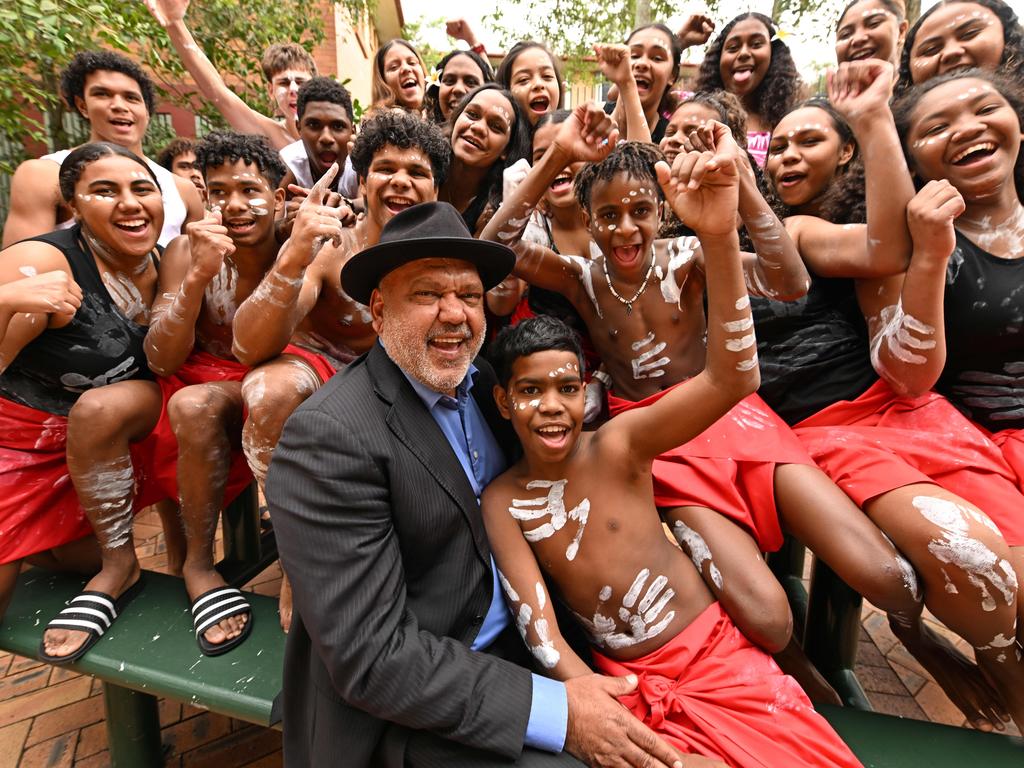

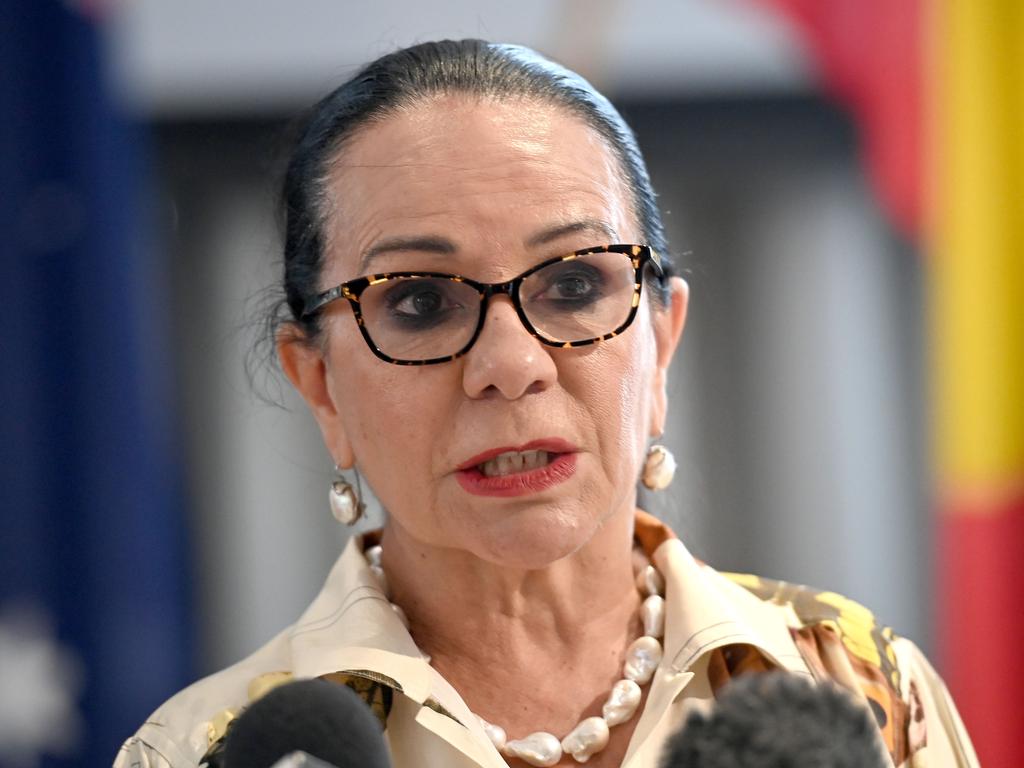


Lawyer. Legal academic. Constitutional law professor. Constitutional conservative. Many high-profile voice supporters have rendered their job titles close to meaningless. It’s easy to respect these people as activists, but much harder to take seriously their contributions to a rational, legally informed debate.